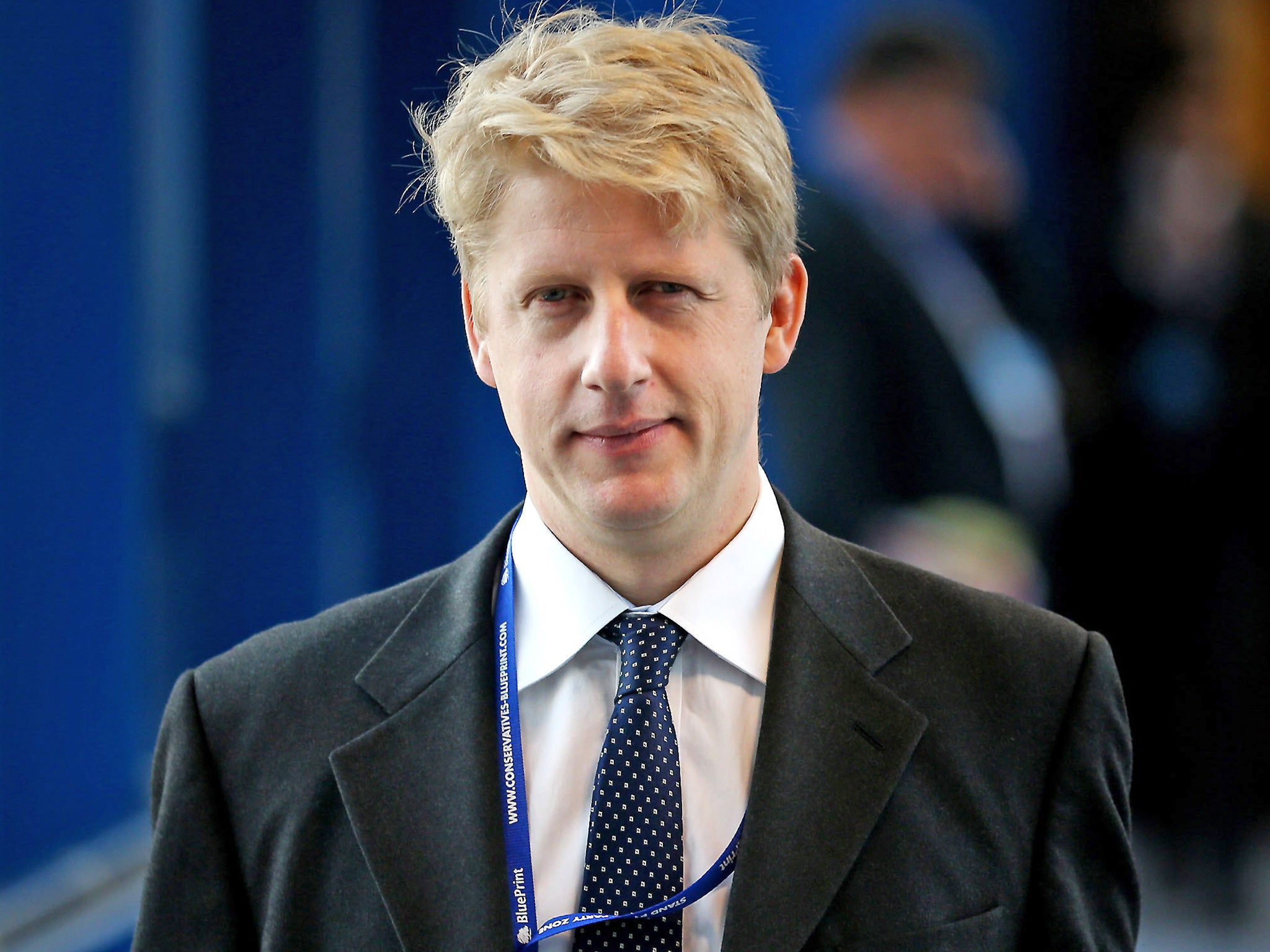UK invests £65m into project exploring universe's origin and structure
The deal will make the UK the biggest backer of an American-led international experiment into neutrinos and their role in the birth of the universe

Your support helps us to tell the story
From reproductive rights to climate change to Big Tech, The Independent is on the ground when the story is developing. Whether it's investigating the financials of Elon Musk's pro-Trump PAC or producing our latest documentary, 'The A Word', which shines a light on the American women fighting for reproductive rights, we know how important it is to parse out the facts from the messaging.
At such a critical moment in US history, we need reporters on the ground. Your donation allows us to keep sending journalists to speak to both sides of the story.
The Independent is trusted by Americans across the entire political spectrum. And unlike many other quality news outlets, we choose not to lock Americans out of our reporting and analysis with paywalls. We believe quality journalism should be available to everyone, paid for by those who can afford it.
Your support makes all the difference.The UK has entered into its first ever formal scientific research partnership with the United States, with the two countries announcing new joint projects on subatomic particles and the origins of the universe.
The UK-US Science and Technology Agreement has been signed in Washington DC, and will involve a £65m contribution of British taxpayers funds towards the £1bn cost of scientific experiments involving little understood near weightless, invisible particles called neutrinos.
The two projects, including the Long Baseline Neutrino Facility (LBNF) and the Deep Underground Neutrino Experiment (Dune) will be established to shed light on the much debated question of what happened in the earliest seconds of the universe, and how it came to be formed in the way it did.
Science Minister Jo Johnson signed the agreement with US Acting Assistant Secretary of State for Oceans and International Environmental and Scientific Affairs, Judith G Garber. It is anticipated to last ten years.
Mr Johnson said: “The UK is known as a nation of science and technical progress, with research and development being at the core of our industrial strategy.
“By working with our key allies, we are maintaining our position as a global leader in research for years to come.
“Our continued collaboration with the US on science and innovation benefits both nations and this agreement will enable us to share our expertise to enhance our understanding of many important topics that have the potential to be world changing.”
The UK’s commitment makes it the largest investor in the international project, apart from the United States.
Sir Mark Walport, chief executive designate at UK Research and Innovation, who accompanied the minister to Washington, said: “Agreements like the one signed today by the United Kingdom and the United States set the framework for the great discoveries of the future, whether that be furthering our understanding of neutrinos or improving the accessibility of museum collections.
“Agreements like this also send a clear signal that UK researchers are outward looking and ready to work with the best talent wherever that may be.
“UK Research and Innovation is looking forward to extending partnerships in science and innovation around the world.”
The LBNF will be based near Chicago, and will be the world’s most intense high-energy neutrino beam.
It will fire neutrinos 1,300 kilometres (808 miles) towards a 70,000 ton Dune detector at the Sanford Underground Research Facility in South Dakota.
Scientists believe neutrinos hold the key to some of the most fundamental questions in physics.
Dune co-spokesman Professor Mark Thomson, from Cambridge University, said: “The international Dune collaboration came together to realise a dream of a game-changing programme of neutrino science.
“Today’s announcement represents a major milestone in turning this dream into reality.”
Join our commenting forum
Join thought-provoking conversations, follow other Independent readers and see their replies
Comments